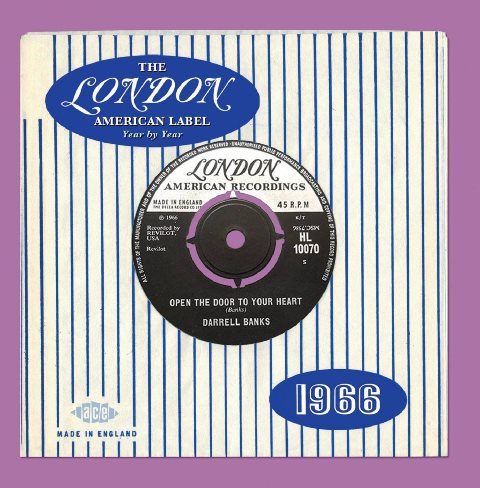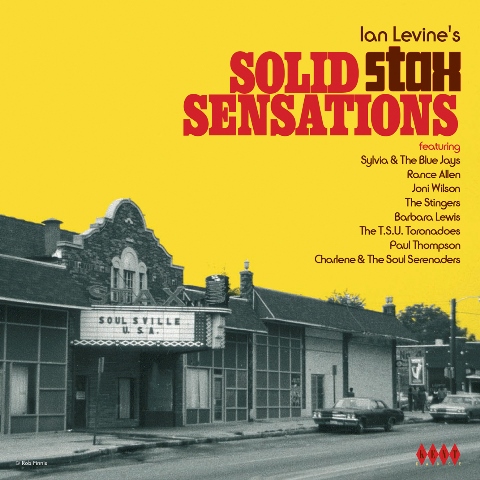 Various Artists: The London American Label Year by Year – 1966
Various Artists: The London American Label Year by Year – 1966

 Various Artists: The London American Label Year by Year – 1966
Various Artists: The London American Label Year by Year – 1966

Some consider Heartless Bastards to be the best band you’ve probably never heard of – albeit blighted by an awful name. Others say the Texas-based four-piece are merely a jumped-up garage band. Wherever you stand, though, one thing is beyond dispute – the awesome power of Erika Wennerstrom’s voice. For much of last night she sounded like the love child of Robert Plant and Janis Joplin. And when the band hit its stride you could almost smell the oil and sweat of their Midwestern blue-collar origins.

![The Isley Brothers The RCA Victor & T-Neck Album Masters [1958-1983] The Isley Brothers The RCA Victor & T-Neck Album Masters [1958-1983]](/sites/default/files/images/stories/NEW_MUSIC/Kieron_Tyler/The%20Isley%20Brothers%20The%20RCA%20Victor%20%26%20T-Neck%20Album%20Masters%20%5B1958-1983%5D_web.jpg) The Isley Brothers: The RCA Victor & T-Neck Album Masters (1958–1983)
The Isley Brothers: The RCA Victor & T-Neck Album Masters (1958–1983)

Sunday. Brecon Beacons. Very early in the morning. I am woken, as I have been every 20 minutes or so since falling asleep, by water dripping on my head. So far, I’ve been able to ignore it, the pain of sitting upright outweighing the inconvenience of a wet head by a factor I can’t begin to fathom. Now, however, the hangover has lifted slightly and the need to piss is so painful I can no longer ignore it.

Don’t be fooled by the header picture. Despite the relaxed poses, Iceland’s Pink Street Boys are amongst the angriest, loudest, most unhinged bands on the planet right now. Hits #1, their debut vinyl album – which follows distorted-sounding, lower-than-lo-fi cassette and digital-only releases – is so impolite and wild that once the rest of the world gets the message the story of what constitutes the current-day music of their home country will have to be rewritten.

 Various Artists: Ian Levine’s Stax Soul Sensations
Various Artists: Ian Levine’s Stax Soul Sensations

In October a special tribute will be paid to the late great DJ Frankie Knuckles, the man who defined house music in the 1980s. A former bank In Chicago, now known as the Stony Island Arts Bank, which houses an archive relating to black culture, will be showcasing his gigantic record collection.
A person with any sense of outdoor adventure can enjoy a camping trip with friends, especially when the skies are clear blue and blazing, the booze is decent and flowing, and the barbecue is tasty and sauced. Thus was the case with my trip to Eridge Park, in the northern reaches of Sussex, for a new festival from the team behind the Lake District’s successful, decade-old Kendal Calling. How much the festival itself contributed to the good times, however, is debatable.